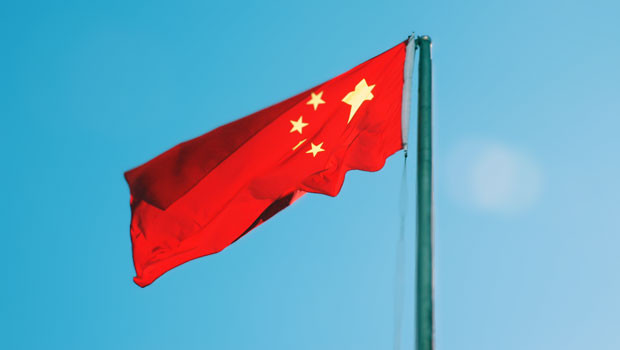
Source: Sharecast
The services purchasing managers’ index (PMI) fell to 51.0 from December’s 52.2, marking a slowdown in activity despite remaining in expansion territory.
That decline reflected weaker domestic demand and the impact of an earlier-than-usual Lunar New Year holiday, which contributed to the sharpest drop in employment since April 2024.
Some businesses, particularly in hospitality, temporarily shut down, sending workers home for the holiday.
New business growth eased to a four-month low, while backlogs of work fell for the first time in six months, suggesting improved efficiency but also softer demand.
The slowdown in services mirrored broader weakness in China’s economy, with manufacturing PMIs also underperforming expectations in January.
Despite Beijing’s stimulus measures in late 2024, their effect on business activity appeared to be limited, reinforcing the need for further policy support.
Consumer spending remained sluggish, though the Lunar New Year holiday boosted sectors such as cinema box office revenues, helped by government-issued vouchers.
Meanwhile, trade uncertainties persisted following the implementation of new US tariffs on Chinese imports under president Donald Trump.
Beijing had responded with countermeasures, with analysts expecting further stimulus from Chinese policymakers to mitigate potential economic disruptions.
Reporting by Josh White for Sharecast.com.


